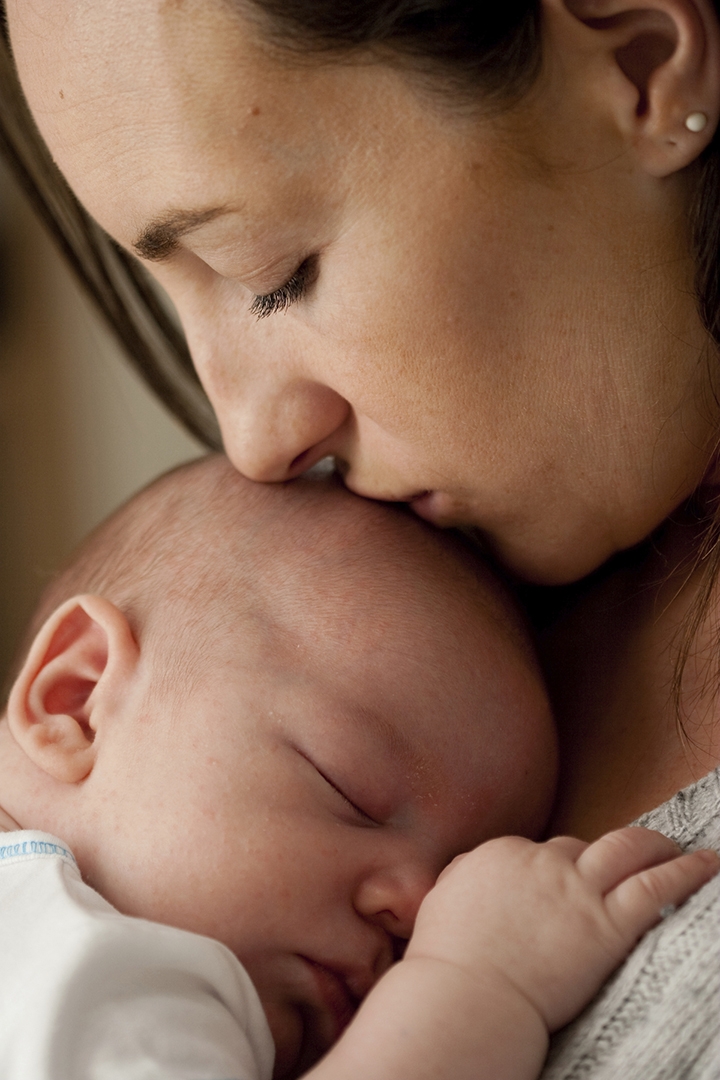Emotional well-being before, during and after pregnancy
Pregnancy and a new baby can bring a range of emotions from joy and excitement to feeling overwhelmed, sad, anxious, or exhausted and can vary overtime. If these negative feelings last for more than two weeks, and make it hard to carry out daily tasks, like caring for yourself or others, you should talk with an expert.

Help is available from a variety of organizations resources
- Pine Rest Christian Mental Health Services offers a specialized Mother and Baby Day Program. Call 800.678.5500.
- Network 180, available at 800.749.7720, offers referral and counseling services. Service referrals are provided to all women, whether you have private health insurance, Medicaid coverage or if you do not currently have health insurance.
- Other Postpartum Depression Support Groups: There are support groups all around the state for women to receive support in a group setting. Many are free to attend. Find a group near you.
- National Maternal Mental Health Hotline: 24/7, free, confidential hotline for pregnant and new moms in English and Spanish. Call or text 1-833-852-6262. (National Maternal Mental Health Hotline | MCHB (hrsa.gov)
- Discover therapists in your area by searching Psychology Today.
- If you are in a suicidal crisis, please call or text 988 or visit https://988lifeline.org
